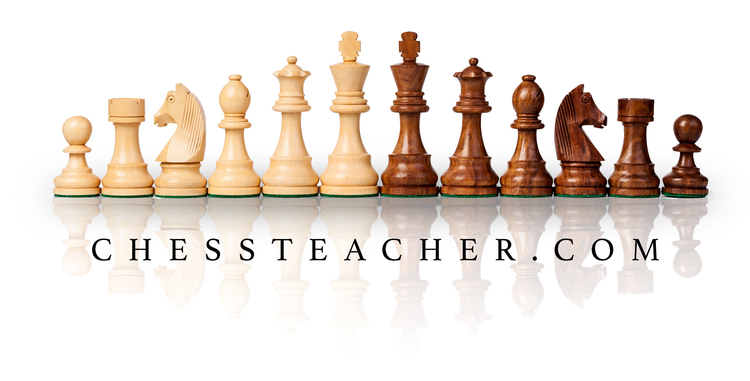4 Times to Exchange Pieces Evenly in Chess
 Chess is a game of strategy and skill. To improve your rating as a chess player and win more matches, you need to have the ability to think quickly and make decisions that will benefit your endgame most.
Chess is a game of strategy and skill. To improve your rating as a chess player and win more matches, you need to have the ability to think quickly and make decisions that will benefit your endgame most.
Throughout any chess match, players are constantly capturing and giving up pieces to one another. This process is referred to as exchanging. An exchange of pieces can occur in many ways. A player might capture pieces that are worth more than the pieces they give up to an opponent. A player might also give up pieces who are worth more.
Oftentimes, an even exchange takes place. This occurs when the pieces being captured by each player are relatively equal in value. When the opportunity to make an even exchange presents itself, you must decide if the exchange is in your best interest. Use these four reasons to help guide your decision when it comes to even exchanges during upcoming chess matches.
1. To Gain an Advantage
The player that is in control of the game is said to have the initiative. Having the initiative is vital to a winning outcome. Getting the initiative takes careful thought and consideration to develop the positioning of your pieces in a way that puts your opponent on the defensive.
Opting to make an even exchange of pieces when you have the initiative can weaken your ability to make an attack later on. However, some instances occur where making an even exchange will increase your advantage in a clear way. When this happens, make the exchange whether you have the initiative or not.
2. To Free Up Space
Throughout the course of a chess match, you may find some of your vital pieces trapped on a small section of the board. Cramped positioning can make it difficult to launch an effective strategy.
Because it is much easier to move fewer pieces within a small area, opting to exchange pieces with your opponent could free up the space that you need to move your pieces more effectively.
3. To Weaken Your Opponent
Another valid reason to consider an even exchange of pieces during a chess match is to weaken the pawn structure of your opponent. You have some important considerations to make before completing this type of exchange.
Evaluate your opponent’s positioning and ensure that you are capturing a piece your opponent can only recapture in a way that will leave him or her with double the number of pawns. Having more pawns as the game progresses can hinder a player’s performance, so making an exchange that leaves your opponent with an excess of pawns can be to your benefit.
4. To Maintain a Material Advantage
The player that is ahead in material (meaning that player has captured pieces worth more than the pieces his or her opponent has captured) can benefit from making an exchange. By eliminating some of your opponent’s pieces while you are ahead in material, you can give yourself a further advantage when it comes to strength and your ability to move pieces across the board.
Because you have the stronger force when you are winning in material, reducing the number of pieces your opponent has to work with can make it easier to launch an effective strategy that will help you win.
Chess is a fun and mentally stimulating activity that can be mastered with practice and proper instruction. If you are looking to improve your chess rating by learning more about effective chess strategies, schedule a private online lesson at the Chess Teacher. We’ll help you improve your skills and better enjoy the game.
